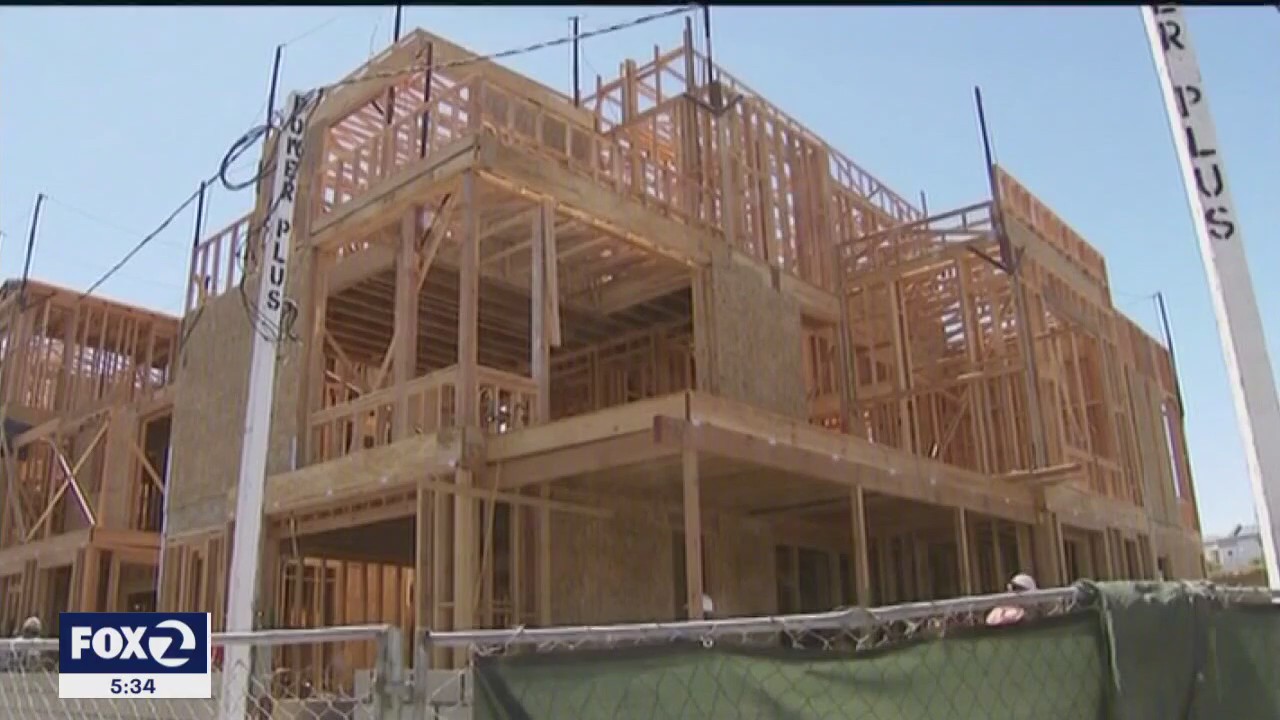Uncertainty surrounds California's fire insurance drought as legislative session nears conclusion

California insurers want deregulation
The California State Legislature ends in mid-September, California's fire insurance drought might not be resolved.
OAKLAND, Calif. - When the California State Legislature concludes in mid-September, a resolution for the fire insurance drought might not be reached.
That could potentially lead to significantly higher statewide premiums.
Insurers want the ability to insurance raise rates to offset their incurred costs and claims, without being bound by the numerous restrictions that Proposition 103 places on them, including the requirement to substantiate their need for rate hikes.
Currently, rates are established by analyzing years of loss data and projecting their likely trajectory. However, an unexpected surge of wildfires, the impact of climate change, substantially increased replacement costs, and other factors have prompted insurers to consider employing predictive models for setting future rates.
Insurance broker Karl Susman said, "All the models that they’ve been using to come up with those figures, are basically not working anymore." He added, "What I try to explain to people, whenever I have this conversation, that this really isn't politics, this is just math."
Meanwhile, lobbyists are pressuring state legislators to amend Prop 103, a 35-year-old law designed to safeguard consumers from excessive or arbitrary insurance rate hikes.

Fire insurance policies: an endangered species
With fire season now just peaking and plenty of weeks still to go, we have already racked up California's worst ever fire season. Homeowners in the urban wildland interface are getting multiple shocks from massive insurance increases, less coverage and outright cancellations.
Attorney and consumer advocate Harvey Rosenfield, who authored Prop 103, said, "They’re going to go for a massive bailout and deregulation of insurance rates and then ramrod it through the legislature in the waning hours of the legislative session."
Rosenfield that insurers are deliberately creating an insurance shortage and panic to gain leverage over the legislature. This could potentially allow insurers to adopt internally devised computerized rate pricing models, a practice currently prohibited by the law.
Moreover, there are proposals to fundamentally transform the FAIR Plan, the insurance option of last resort for California property owners when conventional commercial insurers decline coverage.
Under the insurer-controlled FAIR Plan, insurers would no longer be obligated to cover claims that the FAIR Plan cannot afford.
Rosenfield said, "Instead of the insurance companies being responsible, the cost would be passed through to every homeowner and renter and condo owner in the state no matter where you live in the form of a surcharge."
Gov. Gavin Newsom will have 30 days to approve or reject any legislation presented by the state legislature by September 14.

